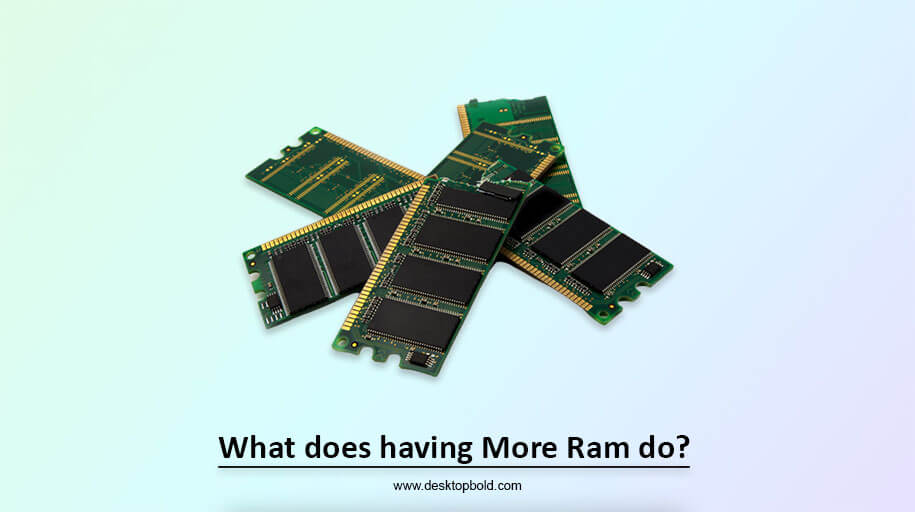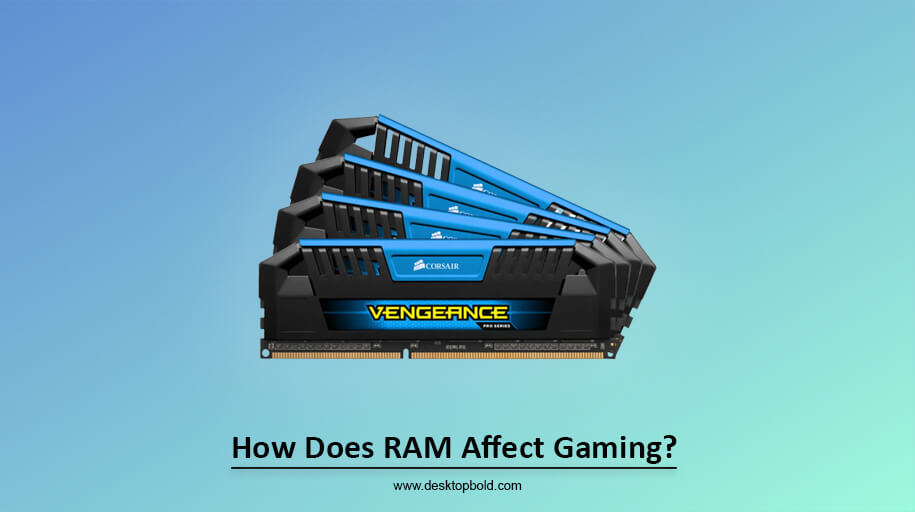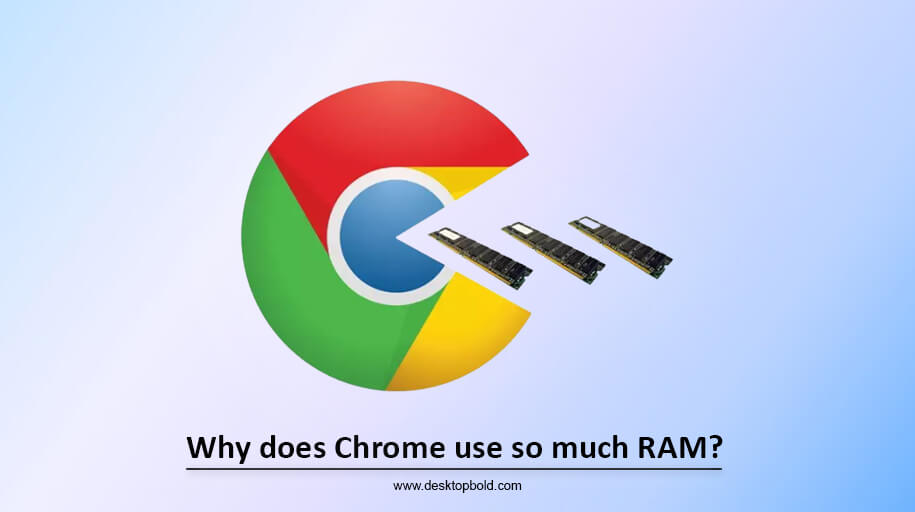The first advice you might hear when your computer starts to slow down is to get a RAM upgrade. After all, more memory means a faster and more stable computer.
Its answer is no. Memory in the computer’s system is crucial, but it’s still just a part of the whole. The hard drive and the operating system are just two more components that can slow down your PC.
The operating system is loaded into random access memory (RAM) when the computer boots (or system memory). When you get close to your system’s RAM limit, the operating system will begin limiting the amount of RAM each application can use. Data “changing” from RAM to VM may also start. Your computer’s performance may undergo if you do either of these things. It is the answer to what having more RAM does but not the detailed one. To get into the depth of this info, you have to overview the article.
Adding more RAM will only help if your computer uses more than half its activated memory.
The Hard Drive
When people say they have a slow computer, what do they mean exactly? Are they referring to issues that arise when an advanced research method performs at peak performance?
That is not likely at all. People typically refer to the length of time it takes for programs to load when complaining about a slow computer. Windows takes too long to boot, applications too long to load, website loading times too long, etc.
It’s not RAM at fault, but rather the hard drive. The HDD’s slowdown read/write speeds are responsible for the computer’s slow performance of even the most basic tasks.
You wouldn’t believe the difference if you’ve never used a Solid-State Drive (SSD). Any desktop, regardless of its RAM size, will benefit significantly from installing a solid-state drive. If you upgrade your computer’s RAM but don’t also upgrade your hard drive, you won’t see any visible performance boost.
Internet Speed
Which program do you use the most on your PC? Microsoft Excel or the other online app used to be the actual problem. However, the blast of cloud-based app use has caused significant behaviour shifts. You spend most of your time using a web browser to access various online services, from Google Docs and One drive to Facebook and YouTube.
If you use Chrome and notice it is running slower than usual, the RAM is probably not too suspect. A lack of internet connection may cause the issue.
The wifi card, not the quality of the network, is the limiting factor in download and upload rates. This card frequently combines into the motherboard of laptop computers. Consider replacing the wifi adapter first if your computer is several years old.
Advantages of Adding more RAM to your Computer
Fortunately, upgrading your RAM is simple and inexpensive, and it will bring results that will make you wonder why you hadn’t yet done it earlier.
The act of discussing the positives needs to ease some of your stress immediately. So, without further hesitation, let’s look at why you should upgrade your computer’s RAM.
Multitasking
Do you find yourself closing a nearly limitless number of windows? As more of us take advantage of remote work opportunities, we constantly find ourselves using a single device for a wide variety of tasks, including but not limited to instant messaging, email, video calls, web browsing, and more. Increasing your RAM will make you feel like a slug in a puzzle no longer exists. Instead, you’ll be able to easily switch between windows without causing any errors.
Lightning-fast browsing
The many internet explorer tabs many of us have open simultaneously require more than just lightning-fast connections and sturdy CPUs. Images, videos, and pop-ups on modern websites force us to believe we are preparing for any possible event. Your browsers will run smoothly, and you can easily switch between programs with ease if you have enough RAM.
Print effortlessly
Viewing your latest family photos arising from your printer is about as entertaining as watching paint dry. However, many must know that RAM can significantly affect printing speed, especially when printing large files. With more RAM, your computer will have an easier time buffering print data, enabling you to print high-resolution images without taking a nap.
Do You Need More RAM?
That is very process dependent. An upgrade recommends if your current storage capacity is only 4GB. The same holds well if you are a demanding client or casual gamer; a 16GB configuration would be ideal.
Adding more RAM will speed up your computer (if needed), but it won’t fix all your performance problems.
What about the CPU?
It’s a mistaken belief that the CPU’s clock speed is always the limiting factor regarding memory data rate. While correct in theory, your system will rarely encounter such circumstances in practice. These days, even the fastest RAM speed can use without latency problems on most modern processors.
Conclusion
Adding more RAM might not improve system performance. The RAM is underused because of a bottleneck caused by a slow hard drive or an outdated wifi card.
Even if you are not a gamer, upgrading the GPU will have a more significant effect than increasing the amount of RAM. The memory stores the resources; the graphics card is responsible for processing each frame’s data. The same holds for RAM. Upgrading is a great way to speed things up if you’re running low on RAM. Adding more will only help if you have plenty. It doesn’t multiply well with more RAM or faster CPUs. This is all about what does having more RAM do.




